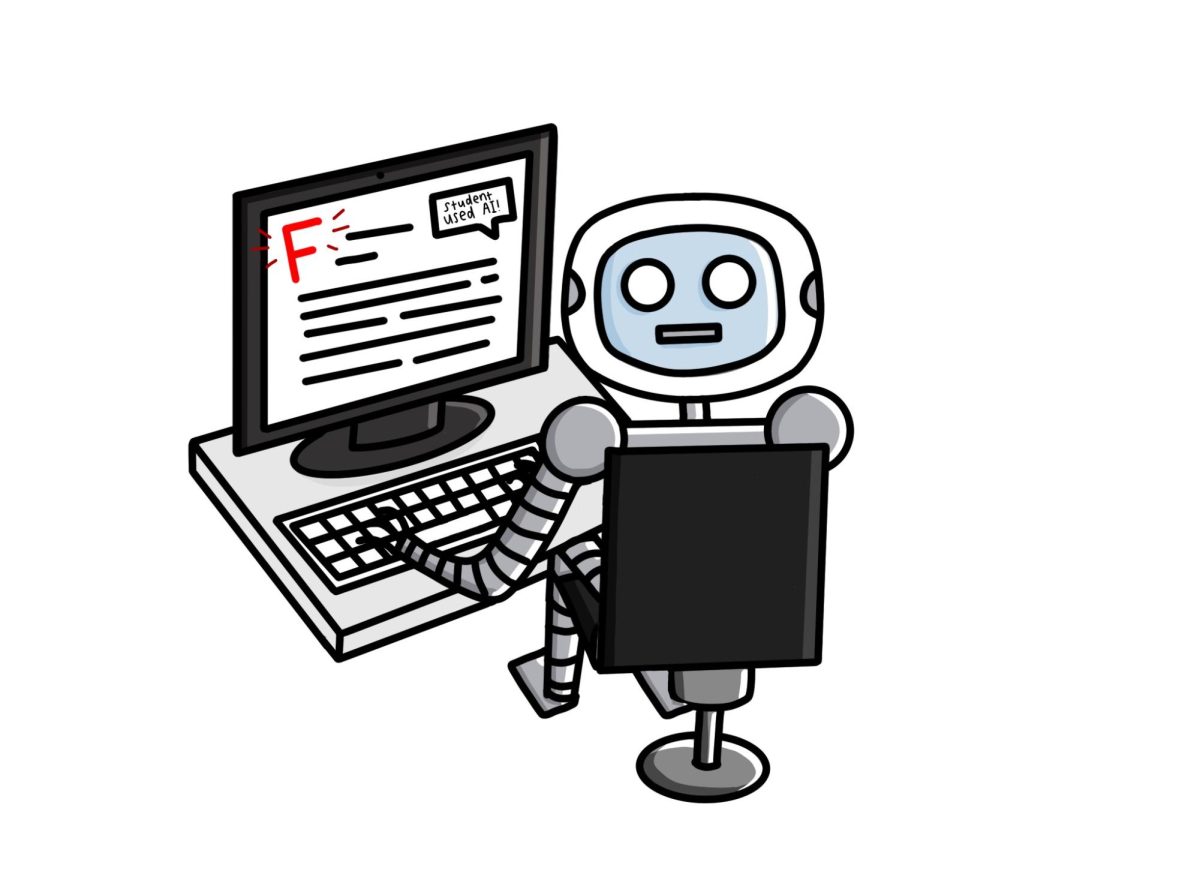Since the launch of OpenAI’s ChatGPT last year, both teachers and students have raised concerns about the effect of the new technology on education. As more companies launch AI programs, teachers now face the difficulties of handling student use. The effects of AI are especially hitting English classes, given the bot’s ability to write virtually anything with a single prompt. This year, Mounds View’s English department now deals with a new age of student academic dishonesty.
According to the Mounds View handbook, using AI is academically dishonest. The student handbook defines academic dishonesty as an act that gives students an unfair advantage or doesn’t represent the student’s work. “Asking AI to generate responses to questions or an essay assigned by a teacher and submitting that work as though it is your own original thoughts or ideas is academically dishonest. […] Text generated by AI is not the same as plagiarism, or even the same as copying the work of another student, yet it also meets criteria for being academically dishonest,” said Principal Robert Reetz. The punishments for academic dishonesty include meeting with the dean or admin, phone calls to parents or guardians and possible loss of credit.
According to GovTech, a magazine covering new technologies, AI use in school is increasing, with at least 30% of U.S. high school students using ChatGPT. As student AI use is becoming a bigger issue, it has affected how English teachers test their students’ writing abilities. “At this point, […] instead of doing work online, we’ll just do work the old fashioned pen-and-paper way,” said Gretchen Nesset, English teacher.
One of the biggest issues with students using AI is there is currently no accurate way of proving it. “We have one platform that we can use to check for, but all it does is tell you if something is likely to have been written by AI […] and that’s really all we have,” said Rebecca Hauth-Schmid, English teacher. While AI-detecting websites such as GPTZero can be helpful, they are often inaccurate.
Teachers now have to discover solutions to detect the use of AI on assignments. “We have a series of things that we can do. There’s programs that we use, there are different tools that we use to look at [the writing],” said English Teacher Angelique Butterbrodt. Checking the drafting history of an assignment to prove it wasn’t copied and pasted is one strategy.
Most teachers simply use their best judgment to recognize it. “You can just tell when something’s not written by a human,” said Butterbrodt. To academically dishonest students’ disadvantage, AI has a writing style that tends to be obvious and easy to identify.
Some teachers have been left wondering if changes should be made to their curriculum to prevent AI use. Assignments that require more critical thinking are harder for AI to answer. “I think many of us are being compelled to kind of redesign so that students- it’s not about […] what they’re thinking, but it’s more about how and why they think what they do with other stuff that we’re asking them,” said English teacher Steve Morrissette. Of the options presented, updating the curriculum may be the most effective solution going forward.
When navigating the ever-evolving landscape of AI in education, teachers continue to seek answers to the challenges posed by the new technology and also prepare students for a future in which the role of AI is undeniable.



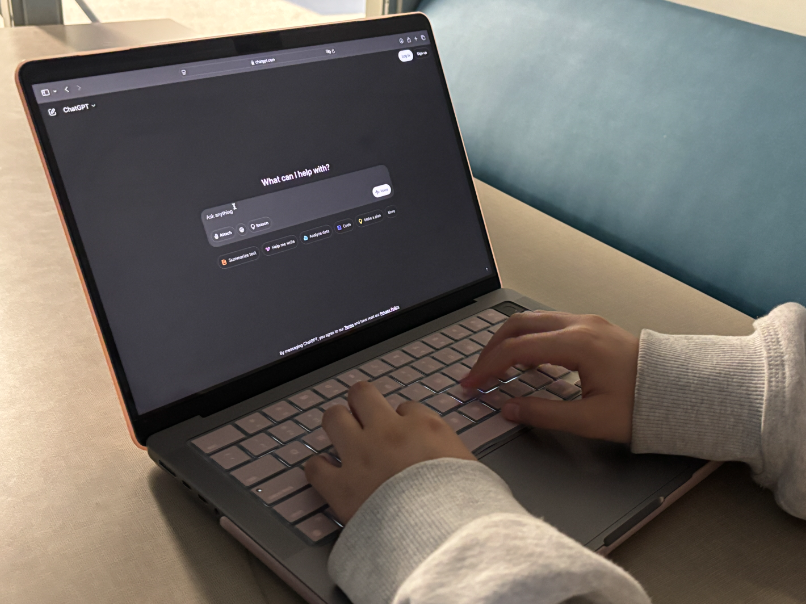










![[DEBATES] Prestigious colleges: value or hype?](https://www.mvviewer.org/wp-content/uploads/2024/12/buildings-1200x654.png)
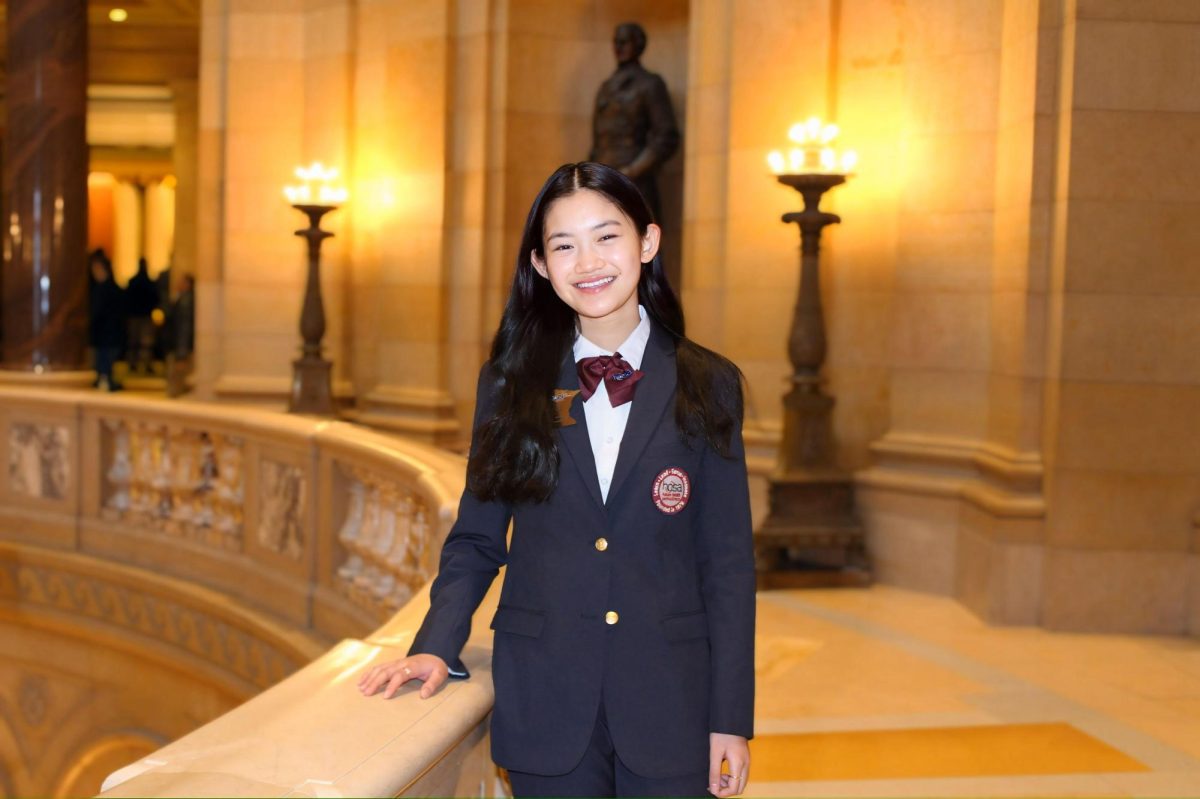

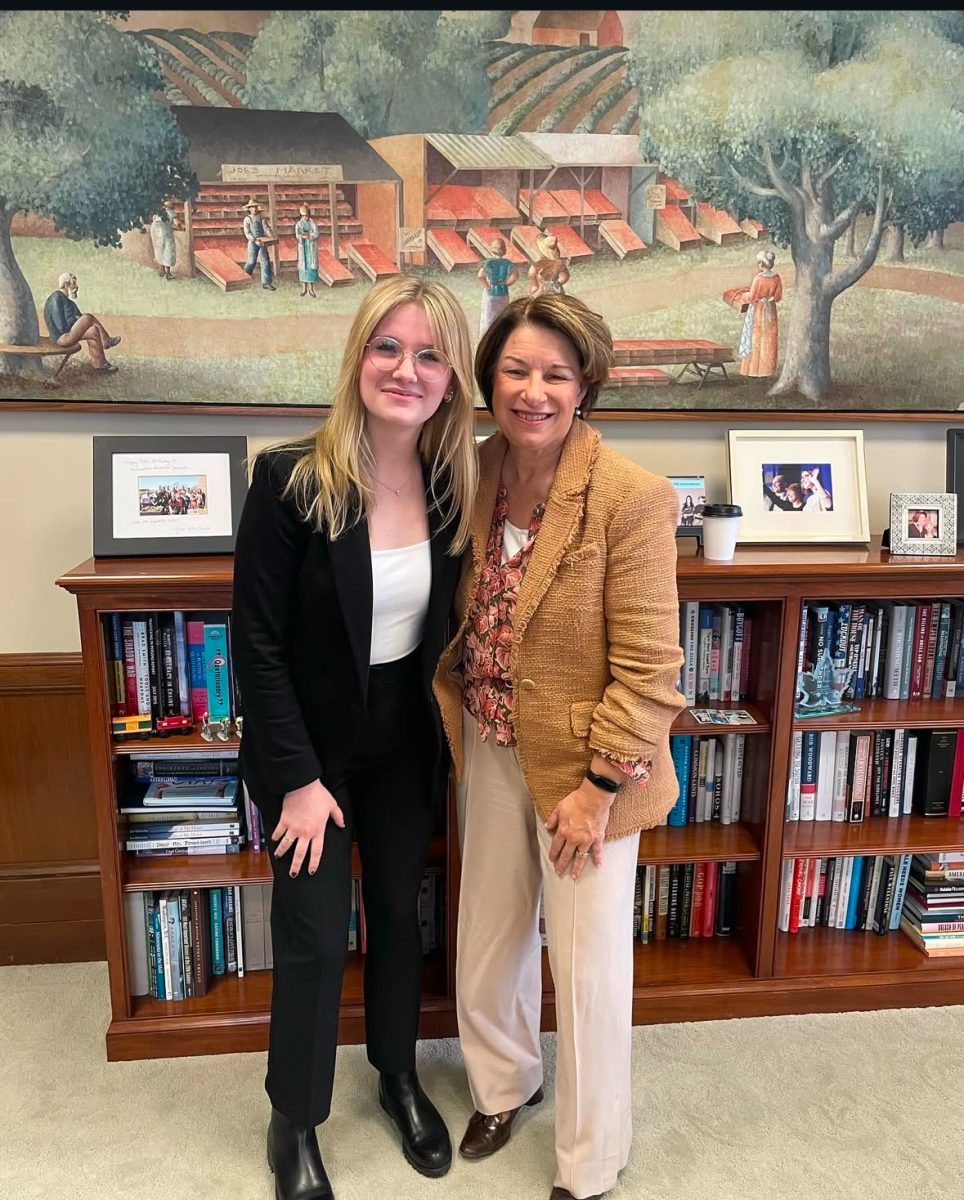

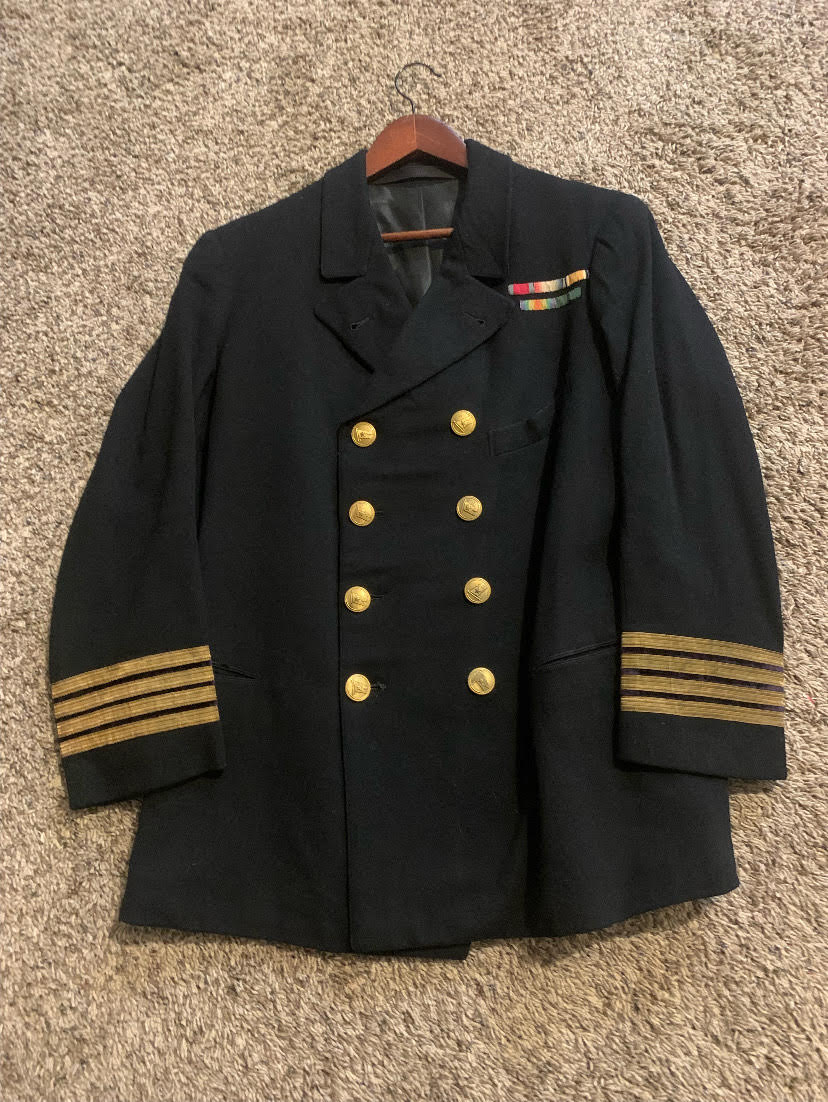

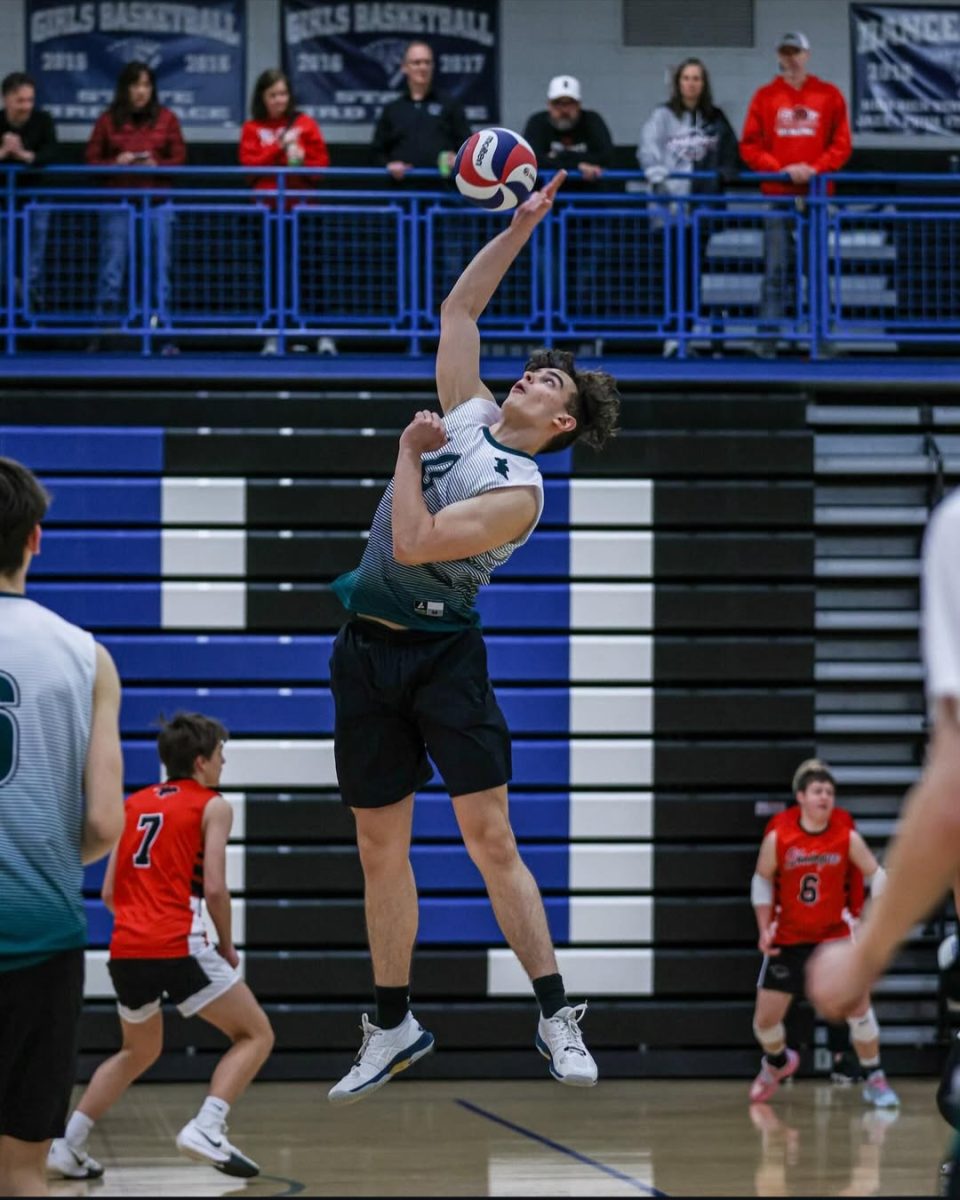



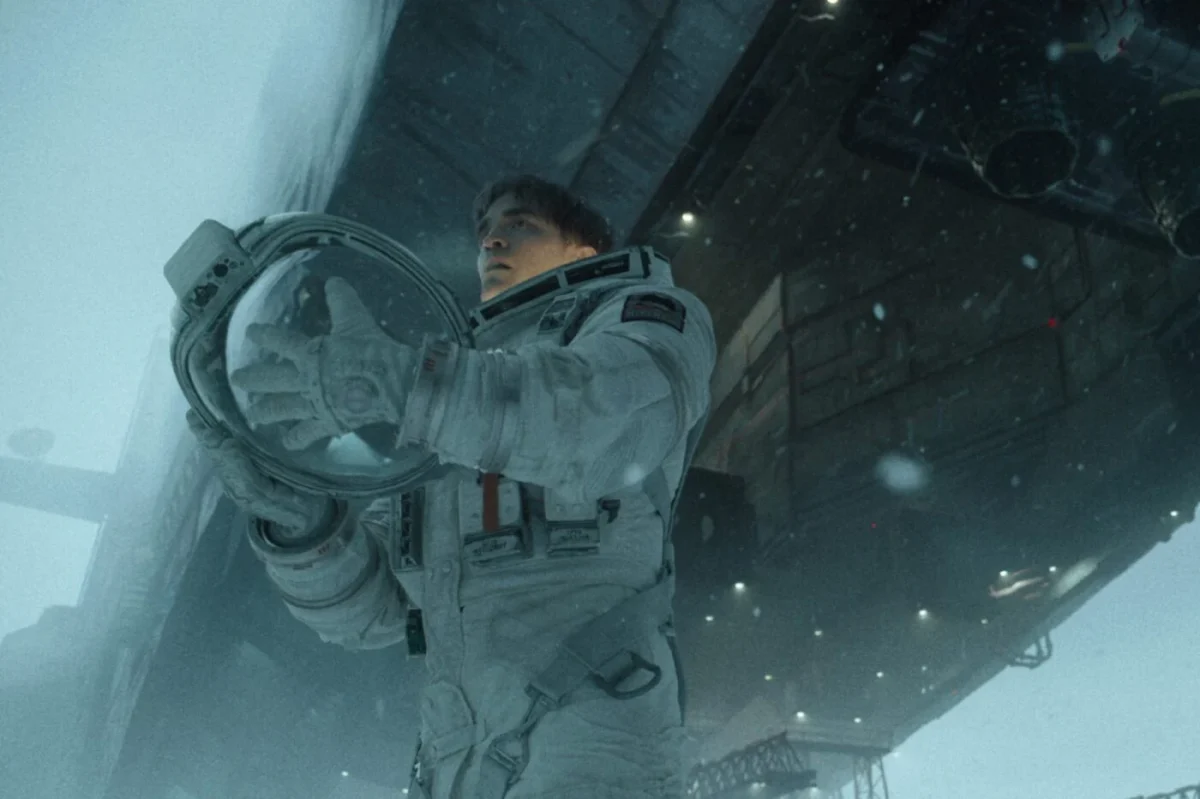
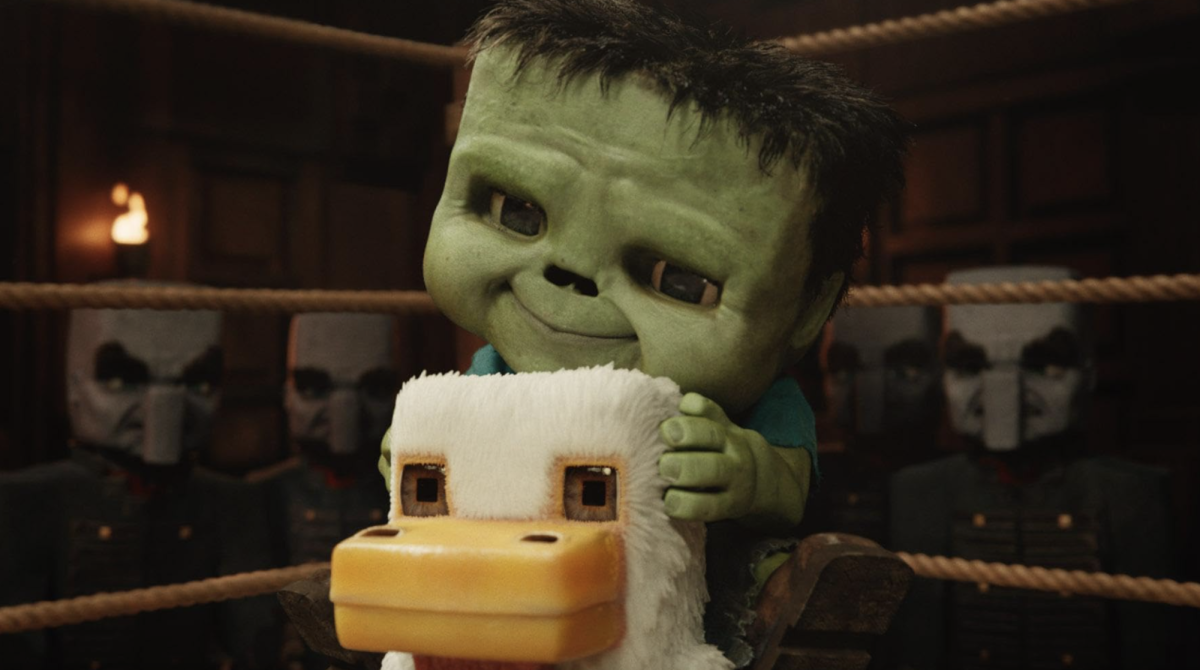















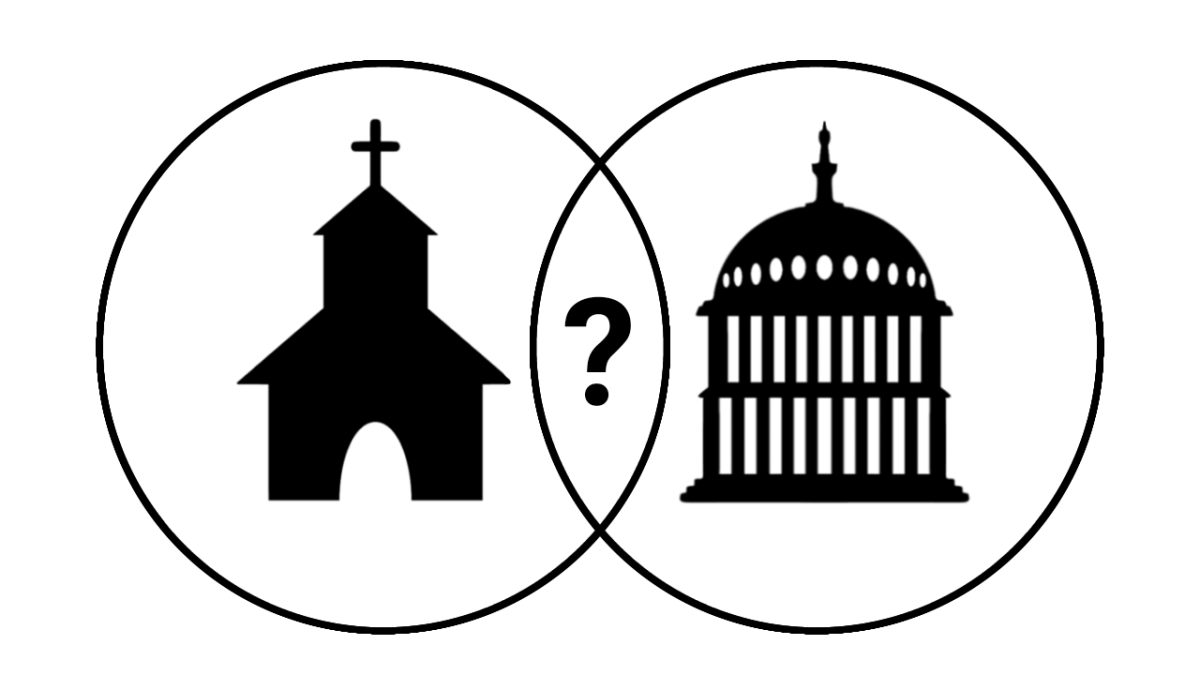



![[OPINION] The dark origins of TikTok's looksmaxxing trend](https://www.mvviewer.org/wp-content/uploads/2024/02/Copy-of-Copy-of-Untitled-Design-1200x675.png)









